San Francisco State University President Lynn Mahoney shared some thoughts in an exclusive interview with Golden Gate Xpress on Sept. 1. She talked about the possible faculty strike, tuition raises, enrollment numbers, new buildings and affirmative action.
Golden Gate Xpress: If a strike happens, what does that mean in terms of the student, faculty and staff experience? How do you plan to handle a strike, if one happens?
Lynn Mahoney: Depends on who strikes, when they strike and how they strike. So I can’t answer that because there are so many varieties. All I can say is, I’m going to keep going back to that pandemic. The world turned upside down overnight. And we figured it out. And we figured it out in a way that helps ensure the students still make progress to a degree. I have no idea how we’ll do it. But we’ll get there.
GGX: Are you in favor of the proposed tuition raise?
LM: Reluctantly, yes. Because I need –– the system needs funding so that my employees get paid better. I’m never in favor of charging students more. But we only have two places to get revenues, the state and tuition, and the state has given all that they can give —And our employees are underpaid. So reluctant —And let me just say a word about our budget, for the state operating budget that we get, I think [that] about 90% goes to labor ––75 to 90%, it’s a huge number [that goes] to staffing. So what I would say to a student who says ‘what am I going to get for your money?’ You’re gonna get the best faculty and staff we can possibly get. Right now, we have lots of staff vacancies. We lose our staff — we hire them, we train them, you fall in love with your academic advisor and then they get poached by the UCs or community colleges. So what you will get from it is greater consistency. And your success –– the success of our faculty and staff –– is kind of an ecosystem. So reluctantly, I am supporting this because I need funds. I need the system to settle with the unions and pay our employees more.
GGX: How does the rising price of tuition make sense with this enrollment rate? Could this tuition increase staunch or balance out the financial problem CSUs are facing?
LM: It’s neutral. It doesn’t affect enrollment. Any additional funding we get from the tuition is gonna go to compensate our employees. So when we lose enrollment, when we shrink, when we go from being 24,000 full-time equivalent to 22,000, we lose the tuition dollars. This won’t make up for that because we’ve still lost that enrollment. They’re completely separate. The tuition increases are really about creating the operating budget for the CSU that enables the CSU to settle with its unions and pay them.
GGX: Roughly how much will the West Campus Green residential hall cost to students?
LM: We’ll be able to reduce the cost of attendance by 25%. So typically, a student in that next fall would pay, let’s say 12,000. So live in a comparable room, we’re gonna charge about nine [thousand dollars]. So we’ll save about $3,000 a year.
GGX: And it is planned to open next year?
LM: August of 2024. And then, six months later, the dining hall will open –– that’s attached to it. We’re going to have on the top of the dining hall, the top two floors, a new Student Health Service. So it’s gonna have Student Health, Counseling & Psychological Services, and Health Promotion & Wellness, which are now in three different buildings. Currently, the Student Health Services it’s underground, prone to flooding. Once it’s done it’s all going to be in the same building together.
GGX: What is SFSU trying to do to raise the enrollment besides marketing?
LM: I’m gonna tell you the single most important thing to do for raising enrollment: retain more of our students. Our retention rates and graduation rates have gone up over the last decade or so. They’re still too low. The one I cite all the time is only 50% of our Black and 50% of our Latinx students graduate. We gotta change that number. So we’ll recruit some more students, but then we have to retain more. And we’re making some very important changes to do that. First and foremost, the new one-stop advising. When you were freshmen, and you asked them, ‘where can I go for advising?’ You would have been given five locations. I might be exaggerating, but only slightly. Now it’s all in one building.
“So we’ll recruit some more students, but then we have to retain more. And we’re making some very important changes to do that.”
GGX: Classes that lecturers are teaching are being reassigned to tenured faculty. What in your view is lost when we cut lecturers?
LM: The individual lecturer loses something. Obviously, they lose employment. From a student perspective, faculty are faculty, right? But our tenure-line faculty are actually the faculty that we have worked the hardest to recruit. We invest the most resources in their development. There have been studies after studies that show that the more contact students have with permanent faculty –– faculty that are not part-time but are full-time –– the better they do. So I think the department also gains. I think that, and I speak as someone who’s been a tenured professor, teaching lower division courses you learn a lot about the major, you learn a lot about students. I think we have some spectacular lectures too. The pain is that we have lecturer faculty who will lose employment and I’m mindful of the human cost there. But at the end of the day, if the university doesn’t have the enrollment, we can’t employ as many instructors.
“From a student perspective, faculty are faculty, right?”
GGX: How much money went into the new buildings? Are the new buildings expected to bring enrollment numbers up?
LM: Yes, and yes. The state gave us $116.3 million. The rest we raise and then we’ll pay back with student fees, student residential fees. The Science Building was fully funded by the state –– $150 million, but we’ve had an ambitious fundraising campaign, a philanthropic campaign. We’re trying to raise about $25 million for what goes into the building. There are a couple of very expensive things involved in science. First is equipment, but the other thing that’s expensive is we want our students to be able to go work in faculty labs. Our students can’t do that if they’re not paid, because they have to work at Trader Joe’s or they have to work at Insomnia Cookies. We want to pay them instead to do their work in the lab. That takes funding. So Genentech gave us $5 million for student and faculty research in the building. So the building is paid for, but the kind of extra things that we need –– that would attract enrollment, right? ‘Come to San Francisco State, you get to work in that lab and you can have a paid internship’.
The same with housing. I do think, and I don’t know how your parents felt when you were thinking about coming to San Francisco at 18 years old, but they feel much better if you’re living in a residential hall [than if] you’re trying to find an apartment in the city. My dream is to be able to say to a student who comes from outside the region, ‘we can guarantee you two years of housing.’ We’re not there yet. We’re close.
GGX: The Supreme Court struck down affirmative action in college administrations, declaring race cannot be a factor and forcing institutions of higher education to look for new ways to achieve diverse student bodies. What does that mean if anything for SFSU?
LM: For the most part it doesn’t mean anything because California outlawed affirmative action in 1996 with Prop 209. It doesn’t immediately impact us. But I will say that an area in which Prop 209 has impacted us is in hiring diverse faculty. And this also goes back to compensation, too.
I think our students deserve faculty, staff and administrators that look like them. Our administration is growing more representative and faculty, we’ve also had some improvements but it’s still been frustrating. So we have to find alternate ways of doing this. One of the things that we’re working on is working with hiring committees so that they leave their implicit biases at the door. And I don’t think that our faculty go into their search processes with biases that are racial or gendered, or cultural or ethnic. I think though that sometimes we go into our biases about prestige, so we want to look at folks who got PhDs from Stanford, Harvard and Yale. Well, those institutions are at the top of a hierarchy that has been washing out people of color and some too often women from the whole pipeline. So we inadvertently –– our own prestige bias –– might actually end up giving us pools that are less racially diverse. So we’re working with search committees to say, ‘you check your prestige bias at the door’, and really look at candidates from all sorts of institutions. And think about not who is the best research scientist or who’s going to write the best prize-winning book in history, but who’s the best PhD to serve our students and to teach our undergraduates?
“I think it’s a tragedy. I think it’s wrong, but it doesn’t actually impact us.”
That being said, it doesn’t impact us but it’s a tragic Supreme Court decision because it’s saying that race doesn’t matter. It’s assuming, once again, that there’s a level playing field for all people. I think it’s a tragedy. I think it’s wrong, but it doesn’t actually impact us.
GGX: Do you have anything else you want to say to students?
LM: We’re gonna do our best to make sure that whatever happens around you doesn’t impact your ability to graduate on time and your experience in the classroom. The best you can, focus on what’s important to you, which is your classes and your extracurriculars and your performances –– whatever it is, and then let us know when there is a pain point and we will always do the best we can.
My number one goal –– when people ask me this all the time: ‘when you retire from this position, what do you want to say you’ve achieved?’ And the thing I most want? I want to think of two things. The first is, I want to know that more of our students have stayed and graduated. It’s unacceptable that we graduate less than half of our Black and brown students. I want to be able to look back and say that every student group on this campus graduates at a better rate than it did when I got there. For the most part, people like being Gators. Just like in your own personal family, there are days you wish you had a different one. But overall, this was the right family for you. So those are my goals. So keep telling us how we can do it better.
Editor’s note: This interview was done before the tuition increase approval.
Editor’s note: The introduction paragraph was modified to exclude Mashouff Wellness Center as a talking point.


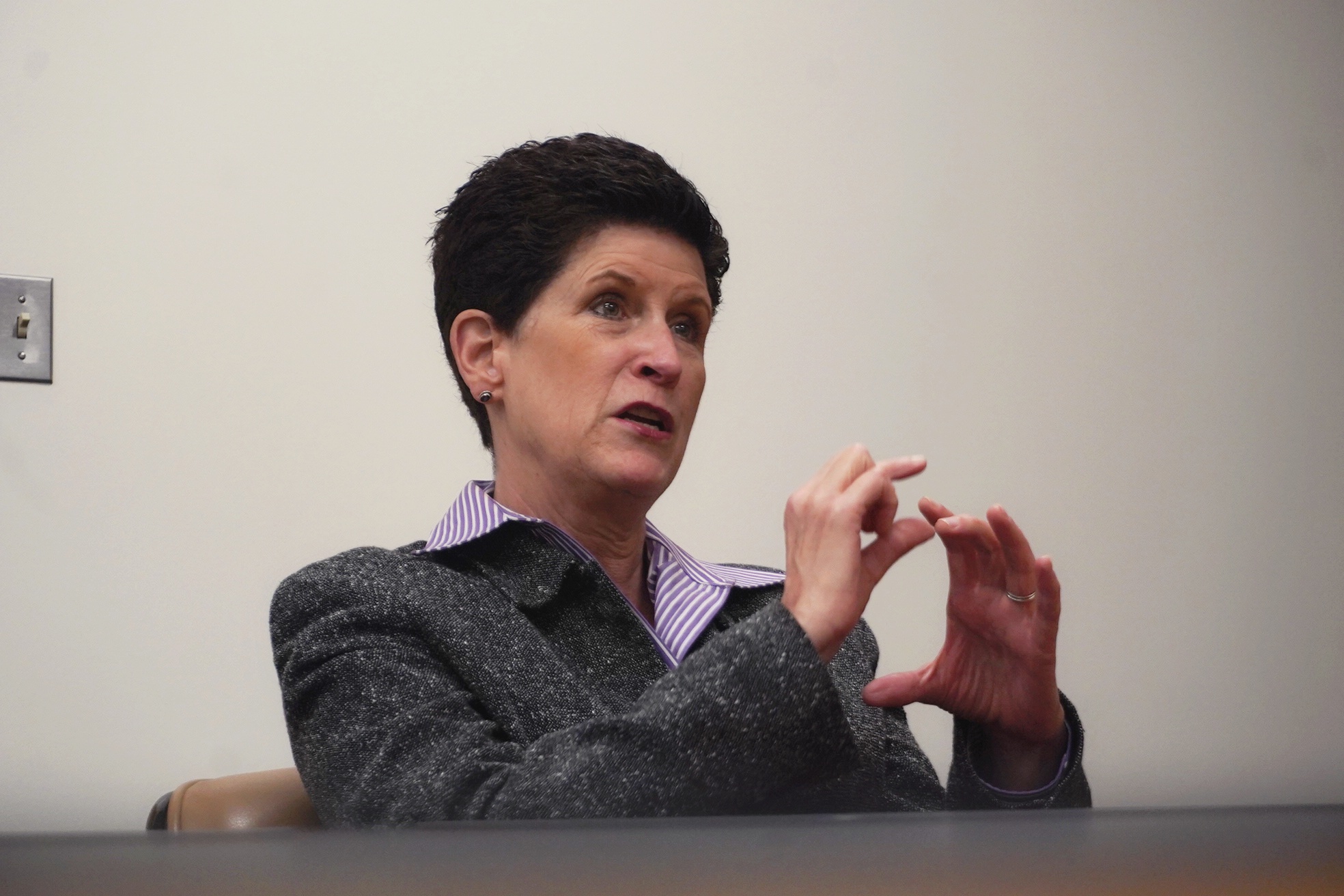

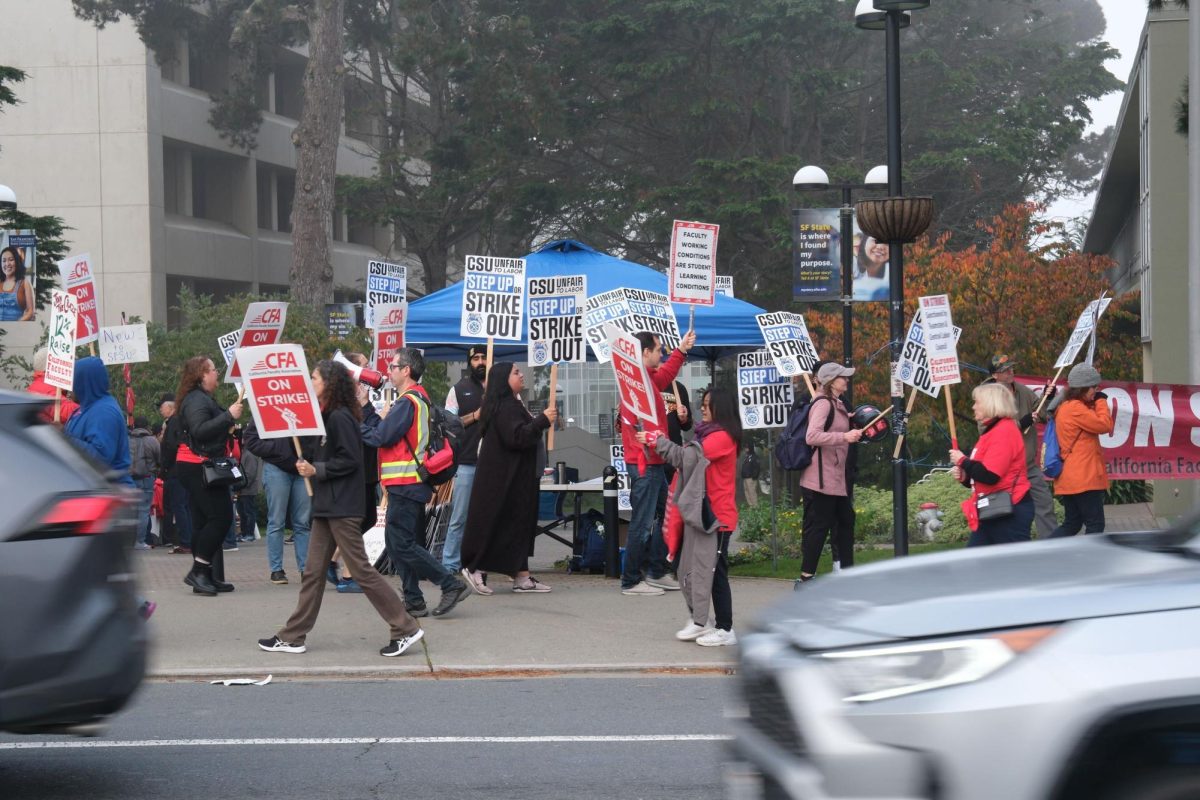
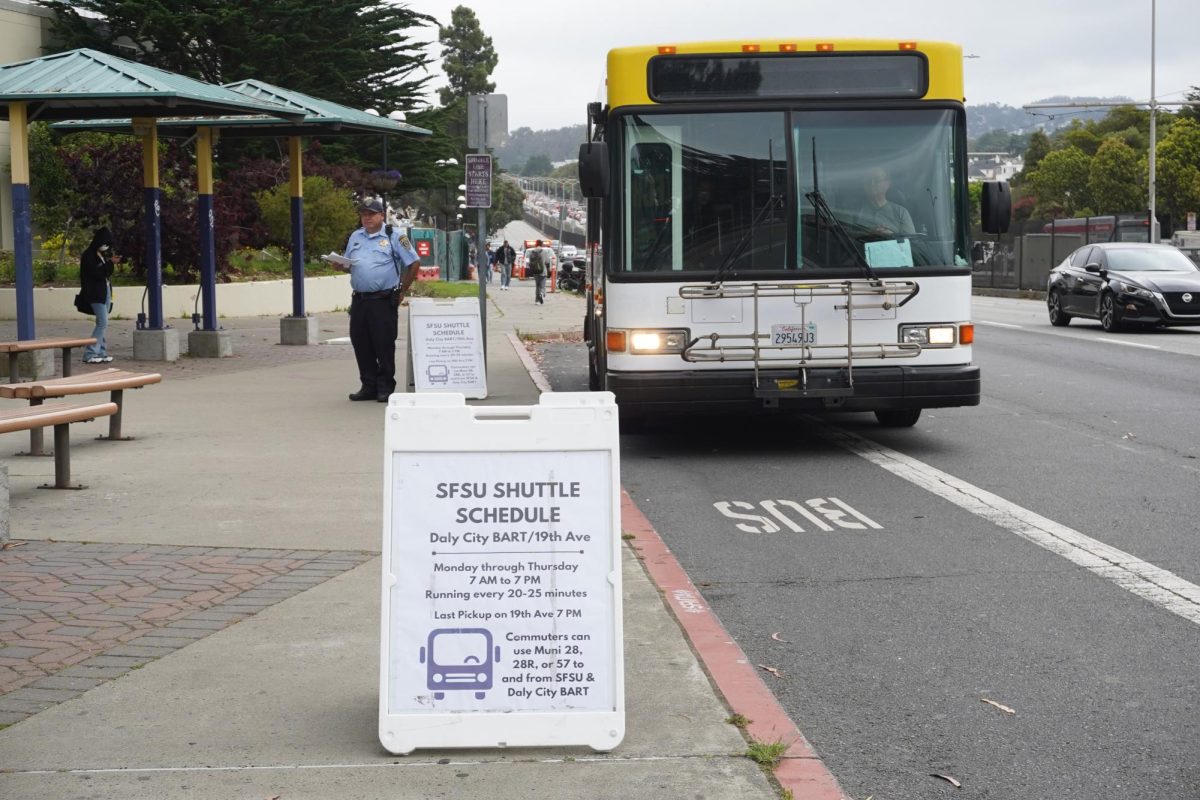
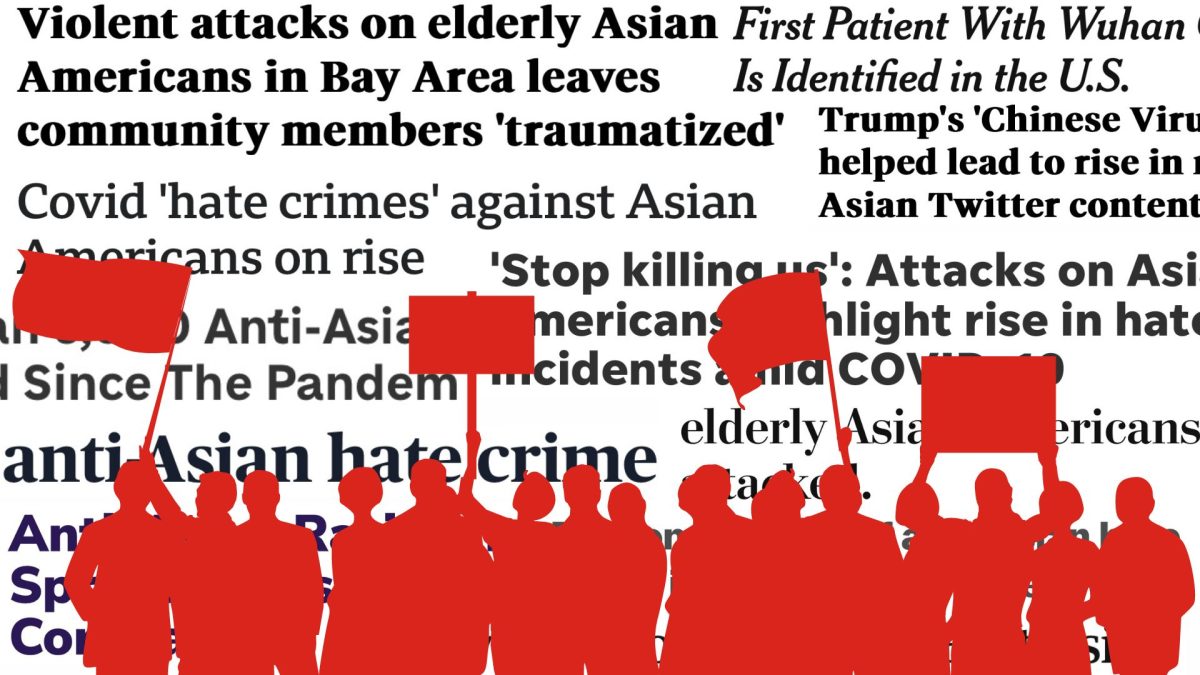



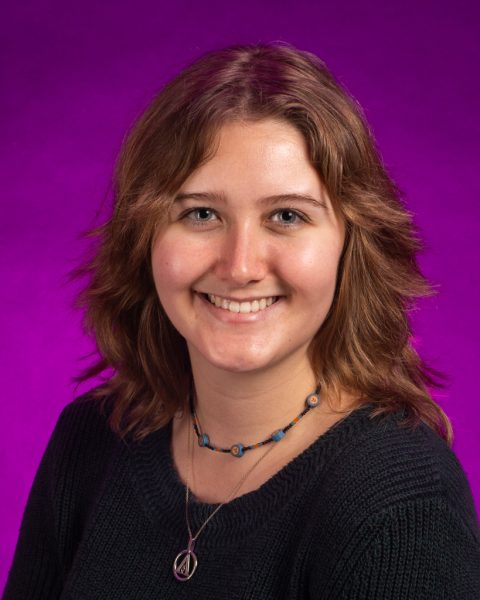
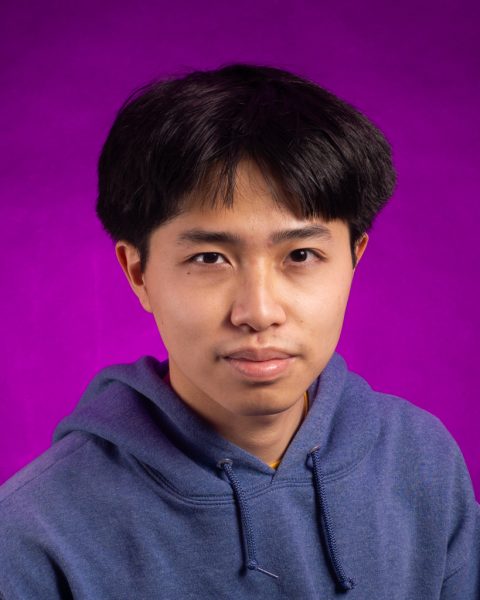
brent • Sep 16, 2023 at 11:08 am
It is just incredible how disconnected from reality someone in a position of leadership can be.